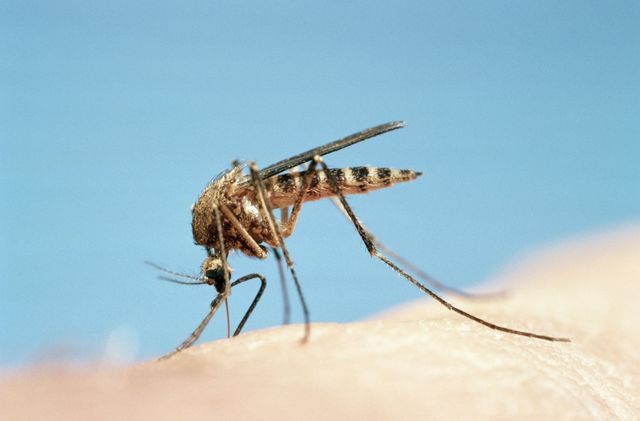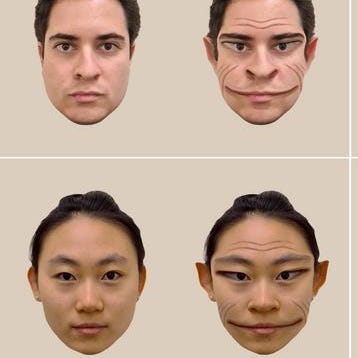Next summer, you might not have much of a mosquito problem, as long as MosquitoMate gets their way.
The company just got EPA approval for its plan to end Zika and other mosquito-borne illnesses in the U.S. by releasing millions of new mosquitoes in 20 states across the country. Yes, MosquitoMate wants to reduce the number of mosquitoes in the United States by adding more mosquitoes. It sounds backwards, but it could actually work.
Most of the disease-carrying mosquitoes in the country are of a species called Asian tiger mosquitoes. Asian tiger mosquitoes are an invasive species from southeast Asia that spread diseases like Zika and dengue feaver. These mosquitoes tend to live and breed close to humans, making them particularly dangerous.
To combat these Asian tiger mosquitoes, MosquitoMate's plan is to release male Asian tiger mosquitoes that have been infected with a bacteria called Wolbachia pipientis. This bacteria is harmless to humans, but mosquitoes infected with it can no longer successfully breed. Any eggs laid by mosquitoes infected with Wolbachia will never hatch.
After extensive testing in Kentucky, New York and California, the EPA has given MosquitoMate permission to release these infected mosquitoes in 20 states across the country and Washington D.C. These states were chosen because they're "similar in temperature and precipitation" to the three states where the tests were carried out. Unfortunately, this means the EPA's ruling excludes much of the southern U.S.
Still, the ruling means that much of the U.S. could see fewer mosquitoes starting next summer. MosquitoMate plans to sell its infected mosquitoes to cities, neighborhoods, businesses and homeowners who are looking for new ways to avoid the more harmful diseases that the insects can spread.
MosquitoMate is seeking EPA permission to expand their program to all 50 states, and is also testing the same technique on a different species of mosquito, Aedes aegypti, in the Florida Keys. There's a good chance the method using a different species will also get wider EPA approval, so the South should get some mosquito relief soon as well.
Source: Nature














